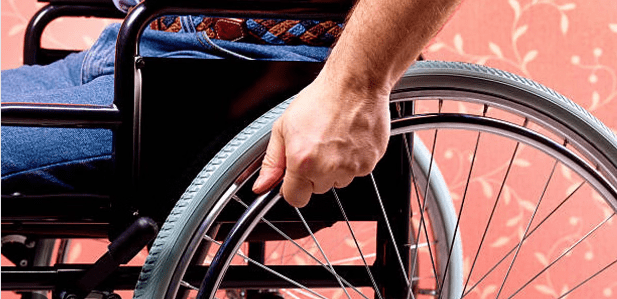Panaji: The Office of the State Commissioner for Persons with Disabilities in Goa is set to conduct an Access Audit of all educational institutions in the state, a senior official said.
This initiative aims to align educational institutes with the National Education Policy (NEP) and the provisions outlined in the Rights of Persons with Disability Act, 2016.
State Commissioner for Persons with Disabilities, Guruprasad Pawaskar, stressed the importance of creating an inclusive society where individuals with disabilities can thrive.
Pawaskar said that the Office of the State Commissioner has appointed Access auditor who will visit all the government schools, government aided schools, colleges in Goa under the purview of Directorate of Higher Education, including Goa University the and submit the report to Education department for further necessary action. This is line with our endeavour of creating an inclusive society.”
Representatives from the Office of the State Commissioner for Persons with Disabilities or their empanelled agency will visit the institutions- government aided schools, colleges in Goa under the purview of Directorate of Higher Education, including Goa University in due course of time to assess the current accessibility standards. In this regard, all heads of educational institutions in Goa are directed to extend full cooperation to the representatives to facilitate the completion of the Access Audit, he said.
Pawaskar said that the Access Audit of educational institutions in Goa will this pave the way for an inclusive education system, fostering equal opportunities and empowering individuals with disabilities. “This initiative reflects the commitment of the Government of Goa towards building a more accessible and inclusive society,” he added.
The audit, which will begin on July 1 2023, is a crucial step towards improving accessibility in schools, colleges, and higher education institutes across the state, Pawaskar said.
He said that the audit will evaluate the existing infrastructure and conduct interviews with teachers and staff to understand the specific needs and challenges of each institution.
Pawaskar said that the goal is to make education more accessible and inclusive by introducing interventions in physical spaces, learning tools, aids, and technology.
“The post-audit changes will involve creating accessible pathways, ramps, railings, tactile paths, Braille and multilingual tactile signs, and accessible toilets,” he added.
“The audit report will also suggest strategies for providing “reasonable accommodations” to students with disabilities, such as relocating classrooms to the ground floor and modifying exam paper formats for students with learning difficulties,” he said.
Address
FiiRE Business Incubation Centre Don Bosco College of Engineering 403602, Fatorda, Margao, Goa 403602
Contact
E-mail ID:
hubgoanews@gmail.com
For advertisement:
marketing@goanewshub.com



